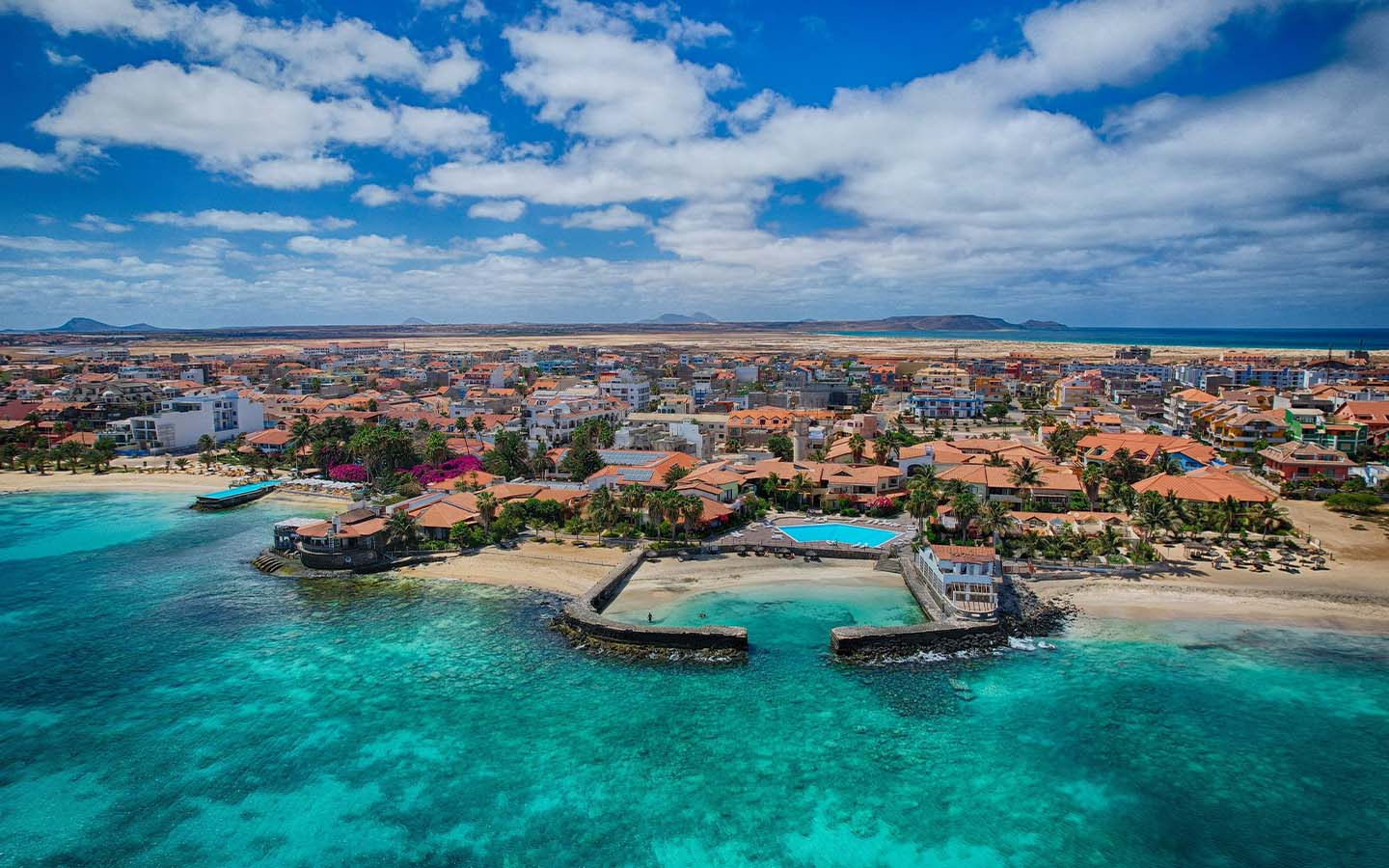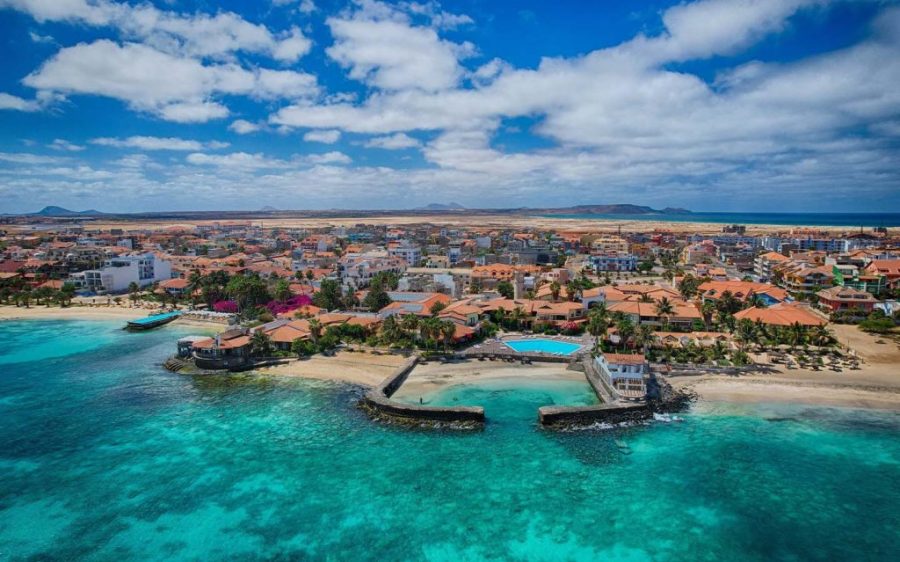China signed an agreement with Cabo Verde on Wednesday, supporting its longtime ally with 200 million yuan (US$27.4 million) earmarked for a wide range of projects, reports Portuguese news agency Lusa.
The money will finance projects in security, renewable energy, digital economy, tourism and infrastructure, helping Cabo Verde “achieve its goals in priority areas,” Shi Leike, the chargé d’affaires of the Chinese Embassy in Cabo Verde, said at the signing ceremony in Praia. She signed alongside Cabo Verdean Secretary of State for Foreign Affairs Myrian Vieira, who said the new agreement reflects the “excellence of bilateral relations between the two countries.”
With nearly half a century of cooperation between them, China and Cabo Verde elevated their relationship to a strategic partnership in 2024 during a visit to Beijing by Cabo Verdean Prime Minister Ulisses Correia e Silva.
[See more: Cabo Verde signs a new health deal with China]
China committed to the investment at the most recent Forum on Africa-China Cooperation (FOCAC), held last September in Beijing. FOCAC is a triannual event launched in 2000, bringing together around 300 Chinese and foreign representatives, including delegates from 53 African countries and major sub-regional organisations. Correia e Silva, who attended along with a delegation of ministers, described the event as a vital platform for dialogue and cooperation which has helped his country strengthen its relationship with China.
According to reports at the time, talks between the country’s leaders focused on areas of sustainable development, including green development, the blue economy, and renewable energy.
Despite its small size – the archipelago spans just over 4,000 square kilometres – Cabo Verde has a significant capacity for renewable energy development. Expanding renewables could help reduce the country’s reliance on electricity imports and address its electricity costs, which rank among the highest in the world.
On Thursday, Vieira emphasised the investment in security. Part of the funds will support the continuation of the country’s “safe city” project, she said, which is updating and expanding the video surveillance system in seven major cities, including the capital, Praia. Residents of urban areas experience crime three times more frequently than their rural counterparts, according to a study conducted by the United Nations Office on Drugs and Crime.
The money will also support the training of technicians who operate the equipment and maintain surveillance command centres.






